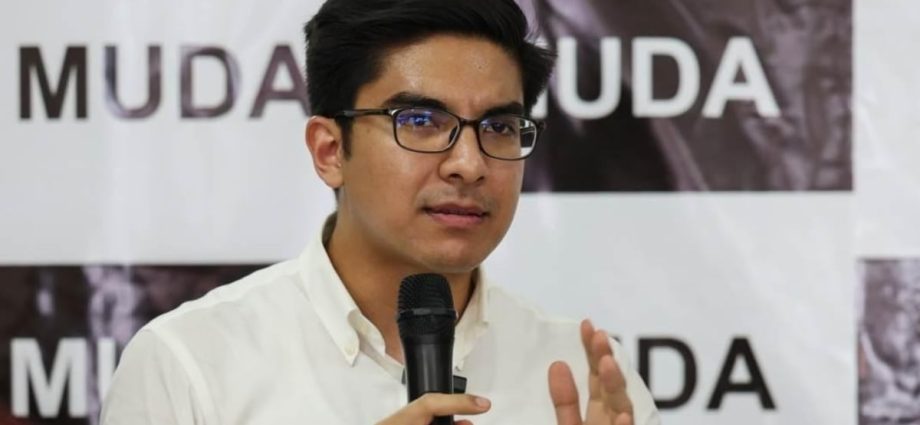
DIVIDED PUBLIC REACTION
When the news of Syed Saddiq’s conviction hit early last week, the public reaction was bifurcated.
In the eyes of his ardent supporters, Syed Saddiq can do no wrong. They might see his conviction as politically motivated, as he previously refused to join the Sheraton Move and has become a fierce critic of Prime Minister Anwar Ibrahim’s unity government.
In September, MUDA left Mr Anwar’s coalition, as it was concerned the government was “normalising the culture of corruption” by dropping graft charges against Deputy Prime Minister Ahmad Zahid Hamidi.
To his detractors, however, Syed Saddiq is an embarrassment to the reformist cause not only due to his recent conviction, but because MUDA is viewed as a vote spoiler in elections.
Syed Saddiq duly resigned from MUDA presidency after his conviction, but the party has for some time been in political limbo. Prior to the Aug 12 state elections, MUDA’s efforts to form a coalition with PH were futile, and it ran for the elections solo. It lost in all 19 seats it contested, and most candidates did not secure enough votes to reclaim their electoral deposits.
Indeed, MUDA touts youthful, progressive freshness as its selling point. But it is preaching to a shrinking well-educated, urban voter audience that has been divvied up by several PH component parties, leaving little room for MUDA.
Ironically, it was precisely Syed Saddiq’s lowering of voting age to 18 that ushered in an expanded cohort of young but conservative, often religiously driven voters who prefer PAS’ theocratic appeal, crowding out their progressive counterparts who are anyway captured by PH and not MUDA.
Syed Saddiq’s immediate political prospects look bleak, as he would be preoccupied with fighting his criminal appeals over the next few years, which could see him in jail if exhausted.
But Syed Saddiq has youth on his side, and in the context of Malaysia’s fragmented political landscape, a future comeback must not be ruled out.
A few observers have depicted Syed Saddiq’s conviction as a milestone for the government’s anti-corruption drive. But more accurately, it is testament to Malaysia’s emboldened judicial independence. Recent months have seen a number of senior politicians alternately been acquitted or made to answer charges, apparently on the merits of their cases.
Moving forward, Malaysia’s politics is likely to remain unstable, as elite struggles intertwine with demographic shifts.
Oh Ei Sun is a senior fellow with the Singapore Institute of International Affairs.

